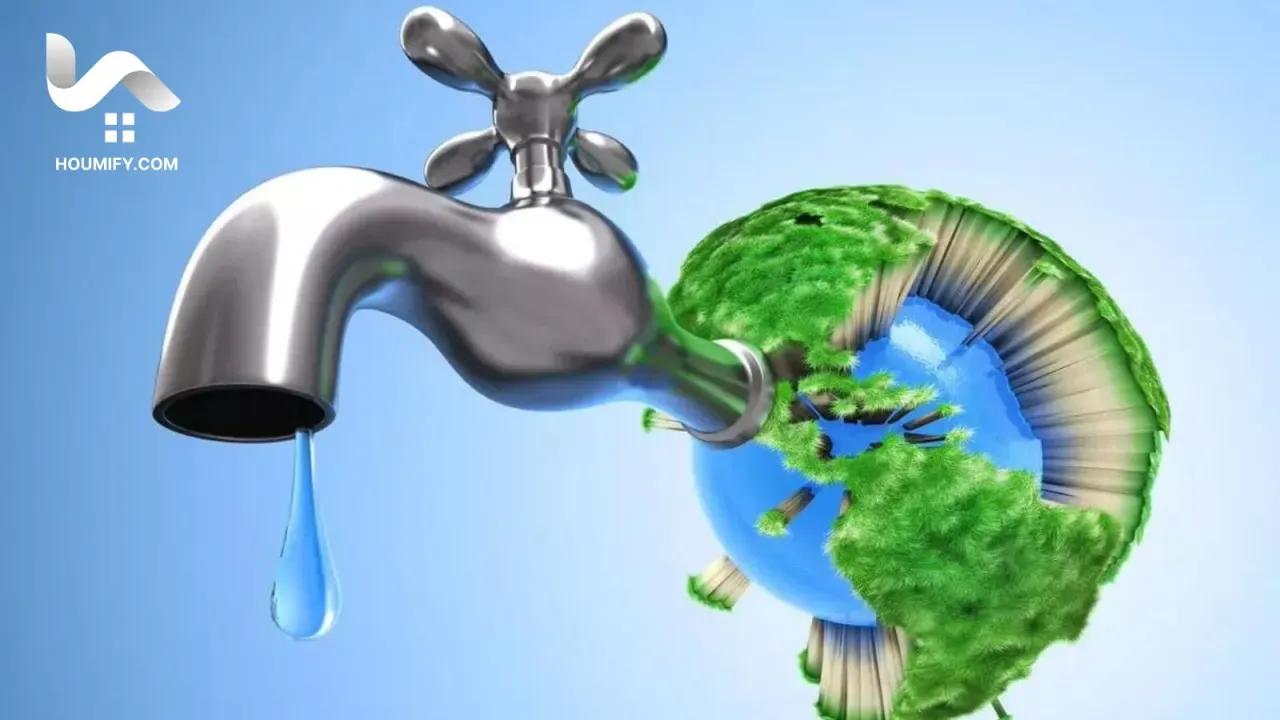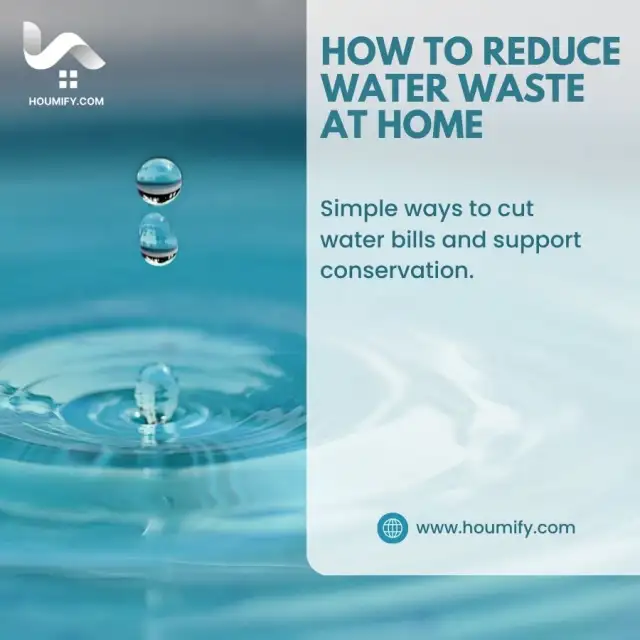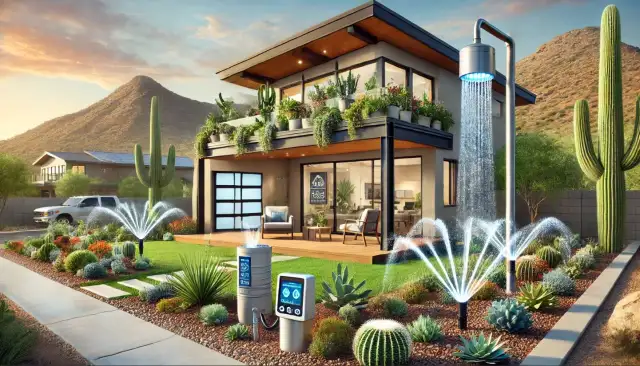How to Reduce Water Waste at Home: Simple ways to cut water bills and support conservation.
How to Reduce Water Waste at Home: Simple Ways to Cut Water Bills and Support Conservation
Water is one of our most valuable resources, yet it’s often wasted without a second thought. Learning how to reduce water waste not only helps conserve this essential resource but can also significantly cut water bills. Whether you're looking to save money, protect the environment, or both, adopting smart water conservation tips is a practical step toward a more sustainable lifestyle.
In this guide, we’ll explore actionable strategies to minimize water waste at home, discuss the financial and ecological benefits of conservation, and offer tips that make a real difference. By the end of this article, you’ll be equipped with the tools you need to transform your home into a water-efficient haven.

Understanding the Impact of Water Waste
Why Reducing Water Waste Matters
Wasting water doesn’t just drain your wallet; it also strains local and global water supplies. According to the Environmental Protection Agency (EPA), the average household in the United States wastes nearly 10,000 gallons of water annuallythrough leaks alone. When you reduce water waste, you contribute to a healthier planet by preserving resources for future generations.
The Link Between Water Waste and Utility Bills
Water waste directly impacts your utility bills. Excessive usage, unnoticed leaks, and inefficient fixtures can cause costs to skyrocket. By adopting water-saving techniques, you can see an immediate difference in your monthly expenses.
Simple Strategies to Reduce Water Waste at Home
Fix Leaks Promptly
Leaky faucets and pipes are silent culprits of water waste. A single dripping tap can waste up to 3,000 gallons of water per year. Regularly inspect faucets, toilets, and outdoor hoses to ensure everything is in working order. Fixing leaks is a quick and cost-effective way to reduce water waste.
Upgrade to Water-Efficient Fixtures
Modern water-efficient fixtures, such as low-flow showerheads and dual-flush toilets, can significantly reduce water usage. These innovations allow you to maintain functionality while using less water per use. Many local governments and utilities even offer rebates for installing water-saving devices.
Use Appliances Wisely
- Dishwashers and Washing Machines:Run full loads whenever possible. These appliances use the same amount of water whether they're half-full or completely loaded.
- Efficient Settings:Use eco-friendly or water-saving modes to minimize waste without sacrificing performance.
Practice Smart Irrigation
Outdoor water usage can account for a significant portion of your water bill. Optimize your irrigation practices with the following tips:
- Water your garden early in the morning or late in the evening to reduce evaporation.
- Use drought-resistant plants that require less frequent watering.
- Install a rain barrel to collect and reuse rainwater for irrigation.
Tips for Long-Term Water Conservation
Adopt Daily Habits
Small changes in your daily routine can have a big impact. For example:
- Turn off the tap while brushing your teeth or shaving.
- Limit showers to 5-10 minutes.
- Use a basin for rinsing vegetables rather than letting the water run.
Monitor Your Water Usage
Smart water meters can help you track usage in real-time and detect anomalies, such as leaks. Many utilities now offer mobile apps that provide insights into your water consumption patterns.

Educate Your Family
Water conservation is a team effort. Teach your family members about the importance of saving water and encourage them to adopt water-efficient practices.
Benefits of Reducing Water Waste
Financial Savings
By reducing water waste, you’ll see immediate savings on your utility bills. Over time, these savings can add up to hundreds or even thousands of dollars annually.
Environmental Impact
Conserving water reduces the strain on local water supplies, protects ecosystems, and minimizes energy use associated with water treatment and transportation.
Enhanced Home Value
Homes equipped with water-efficient fixtures and smart technologies are more appealing to buyers, boosting property value.
Take Action Today
Reducing water waste at home is an achievable goal that benefits your wallet and the environment. Start small by fixing leaks and adopting water-efficient habits, then explore long-term solutions like upgrading fixtures and monitoring usage. Every drop saved makes a difference.
Are you ready to make your home more water-efficient? Share this article with friends and family to inspire collective action. Together, we can support conservation and create a more sustainable future.
Learn more:


